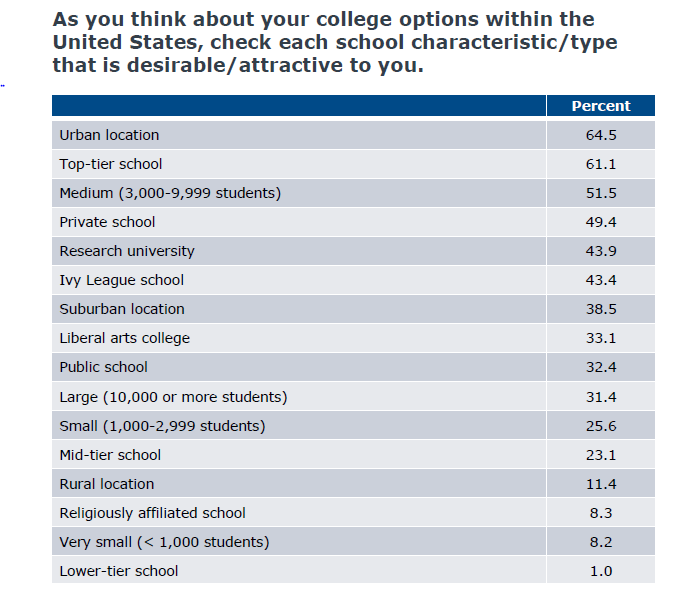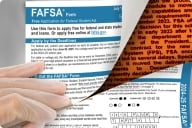You have /5 articles left.
Sign up for a free account or log in.
As colleges try to figure out what to expect in new international enrollments for the fall, many are encouraged by relatively stable numbers or relatively small declines in yields. Institutions in Southern states appear to be experiencing greater losses so far. But especially since many international students would have started planning their application strategies before Election Day 2016, many experts think this coming admissions cycle may be more telling about the impact of a Trump administration.
New data from Royall & Company, a division of EAB, suggest that a majority of prospective international students may not have changed their view of the United States. But the data also show that a significant minority have changed their views. The survey come from more than 200,000 prospective students from all over the world. The results are from this year.
Among the questions they were asked was: Has your interest in studying in the United States changed in light of the current political climate in the United States? More than 61 percent said that the current climate would have no influence on their interest.
But of the remaining students, only 6 percent said that they had an increased interest in studying in the United States, while 33 percent said that their interest had decreased.
The prospective students were also asked, thinking beyond your personal situation, do you believe the United States welcomes global diversity at its colleges and universities? More than two-thirds of students globally said yes, and that was followed by "unsure," not an outright no. But the data show variation by region.
In Latin America, 75 percent of students answered in the affirmative. The figure was 77 percent for sub-Saharan Africa. In the Middle East and North Africa, the figure was only 69 percent.
Anna Swanson, managing director of analytics at Royall, said in an interview that the political environment in the United States is clearly having an impact on attitudes. While the students answering in ways that may concern American colleges are in the minority, she noted that it was a significant enough minority to have an impact this year and next year. "It doesn't surprise me that we have a large number of students who are concerned," she said.
Swanson stressed that a new administration in the White House is not the only development that may make it less likely for students from the Middle East to seek to enroll in the United States. Changes in the Saudi government's support for students, for example, were having an impact even before the election.
Still, she said that both the policies and rhetoric of the Trump administration "aren't favorable" to efforts to recruit international students.
Swanson advised a consistent and persistent message from American colleges to their prospects abroad. The messages should be about both a welcoming philosophy and a commitment to working with students, she said.
“Say, ‘these are the ways in which we are welcoming. We are going to integrate you into the campus. And this is about how our student body feels,’” she said.
Characteristics Prospective Students Want
The data also point to greater challenges for colleges that lack certain characteristics many international students want. Large, urban and prestigious are dominant themes.









